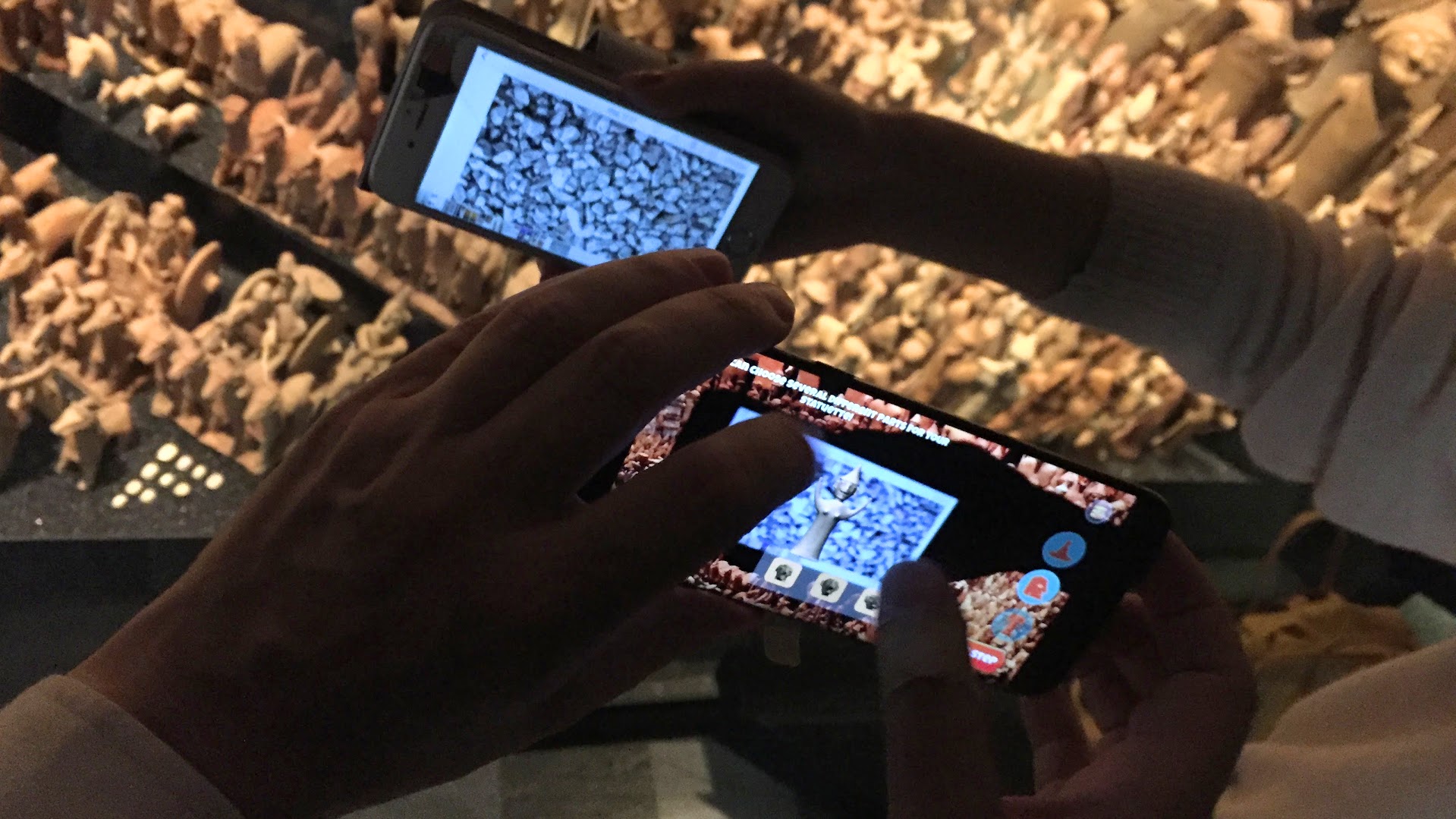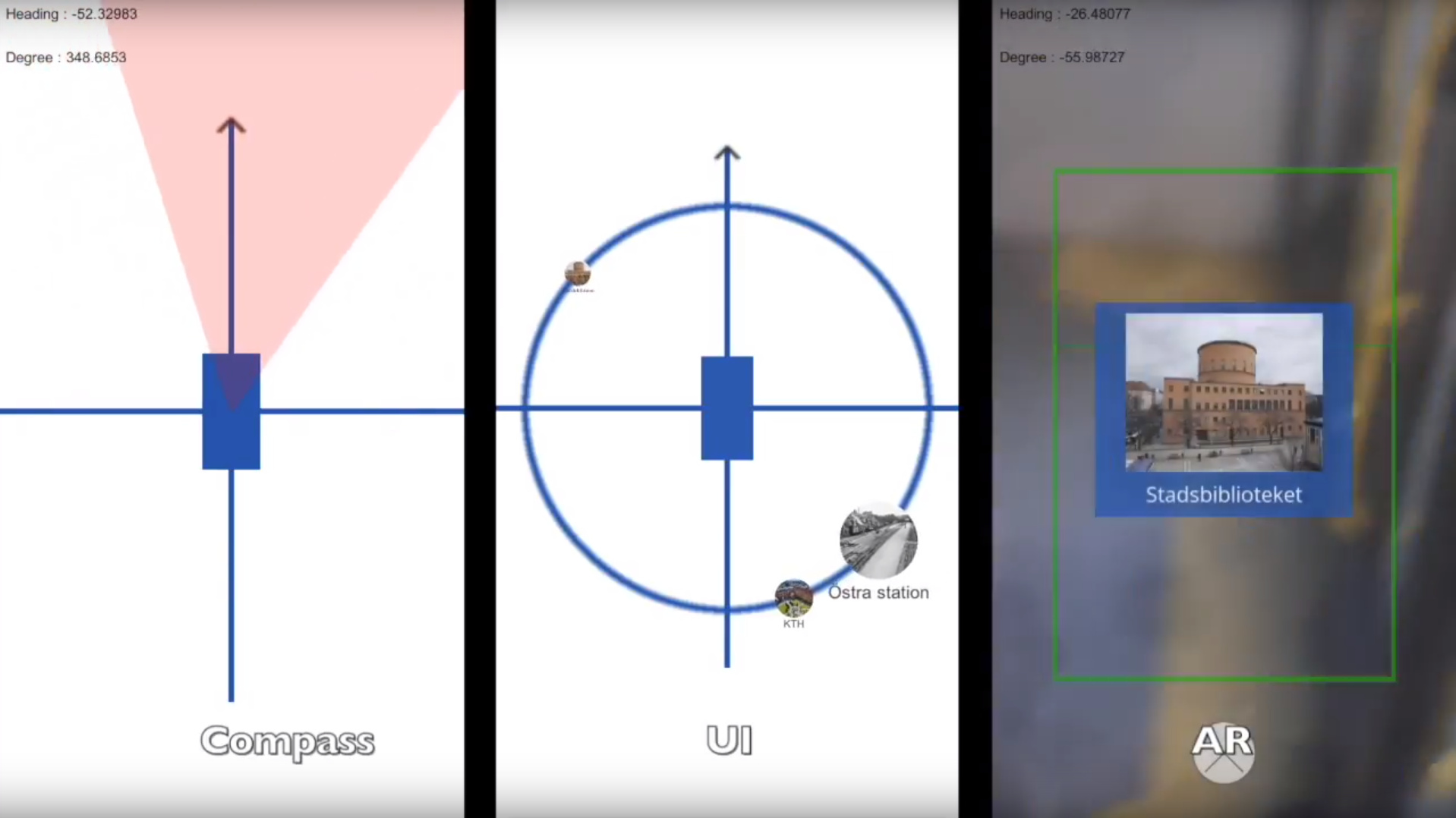Past Projects
Updated on December 29, 2023 by Mario Romero.
Webinar on fluid dynamics for understanding aerosol transport (November 2020)
Fluid Dynamics for understanding aerosol transport with relevance to respiratory disorders and treatment; a research-driven education live webinar
Videos of the talks:
Dates
Day 1: November 11, 2020, 12:45 - 17:00
Day 2: November 12, 2020, 9:00 - 12:00
Place
Zoom Webinar: https://kth-se.zoom.us/j/69408421252
Aim
This workshop will gather scientists and physicians from academia and hospitals from Sweden and abroad as well as potential industrial partners to assess the current state-of-the art fluid dynamics research with applications to understanding aerosol transport and respiratory disorders' spreading and potential treatments.
Topics will include: aerosols transport, functional respiratory imaging, fluid dynamics of airway and lung disorders, respiratory fluid dynamics (including treatment), fragmentation and breakup mechanisms of non-Newtonian liquids with relevance to coughing, sneezing and droplets spreading.
Organizers
Mihai Mihaescu, Lisa Prahl Wittberg, and Mario Romero from the Departments of Engineering Mechanics and Computational Science and Technology at KTH, Sweden.
Agenda
|
November 11th, 2020 |
||
|
12:45 – 13:00 |
Introduction to workshop, KTH, research groups, agenda |
Mihai Mihaescu, Lisa Prahl Wittberg, and Mario Romero |
|
Topic 1: Understanding Aerosols Transport and Transmission - Chair: Mario Romero |
||
|
13:00 – 13:20 (15 + 5 Q&A) |
Experimental characterization of aerosols and droplets that contain viruses in indoor environments |
Lund University, Sweden |
|
13:20 – 13:40 (15 + 5 Q&A) |
Development and usage of a high-performing diagnostic test of SARS-CoV-2 antibodies |
KTH, Sweden |
|
13:40 – 14:20 (30 + 10 Q&A) |
Keynote: Aerosolization risk and the effectiveness of containment strategies |
Politechnique Montréal, Canada |
|
14:20 - 14:40 (15 + 5 Q&A) |
A Mathematical Framework for Estimating Risk of Airborne Transmission of COVID-19 with Application to Facemask Use and Social Distancing |
Johns Hopkins, USA |
|
14:40 - 15:00 (15 + 5 Q&A) |
Integration-based vector field analysis |
KTH, Sweden |
|
15:00 - 15:15 |
Break |
|
|
Topic 2: Respiratory Disorders and the Fluid Dynamics of Respiration - Chair: Mihai Mihaescu |
||
|
15:15 - 15:55 (30 + 10 Q&A) |
Keynote: Functional Respiratory Imaging to better understand and treat COVID-19 |
FLUIDDA, Belgium & USA |
|
15:55 – 16:15 (15 + 5 Q&A) |
Extracorporeal membrane oxygenation for pulmonary dysfunction |
ECMO Centre, Karolinska University H., Sweden |
|
16:15 – 16:35 (15 + 5 Q&A) |
Numerical and experimental investigation of atomisation in a model of the King, Brock and Lundell cough machine |
Sorbonne Université, France |
|
16:35 – 16:55 (15 + 5 Q&A) |
Effect of face-masks during air-borne pandemics from fluid mechanical aspects: A collaboration between four universities |
Luleå TU, Sweden |
|
16:55 – 17:00 |
Closing Remarks (Day 1) |
|
|
November 12th, 2020 |
||
|
09:00 – 09:15 |
Opening Day 2 |
Mihai Mihaescu |
|
Topic 3: Treatment Perspectives - Chair: Lisa Prahl Wittberg |
||
|
09:15 – 09:55 (30 + 10 Q&A) |
Keynote: Airway inflammation in chronic airway diseases; current perspectives and future challenges |
Dept. Allergy & Respiratory Medicine, Karolinska University H., Sweden |
|
09:55 - 10:15 (15 + 5 Q&A) |
Technological and biopharmaceutical characterization of aerosols |
University of Parma, Italy |
|
10:15 - 10:35 (15 + 5 Q&A) |
Fluid mechanics importance and challenges when developing critical care ventilators |
Getinge AB, Sweden |
|
10:35 - 10:55 (15 + 5 Q&A) |
Fluid mechanics aspects of drug administration by inhalation |
KTH, Sweden |
|
10:55 - 11:55 |
Panel Discussions Live questions through the chat box in zoom. |
Panelists: all speakers Moderators: Lisa Prahl Wittberg Mihai Mihaescu Mario Romero |
|
11:55 – 12:00 |
Closing Remarks |
|
Mixed-Reality Stockholm (2017-2019)

Funded by 1.7M Kr from the Swedish Tourist Industry's Research and Development Fund, BFUF, Mixed Reality Stockholm explores Context-Aware Augmented Reality Experiences In and Beyond the Museum. To press release.
The aim of this project is to enrich and extend the museum and touring experiences of Stockholm through context-aware augmented reality (AR) media on the mobile devices of visitors and citizens who will consume and produce content both within the halls and around the streets of participating museums and on bus lines that include the museums as destinations.
Participants
- Principal Investigator: Mario Romero, Associate Professor, KTH
- Co-Investigators:
- KTH, CESC: Mattias Höjer
- KTH, VIC: Björn Thuresson
- Stadsmuseet: Hans Öjmyr
- Spårvägsmuseet: Christoffer Sandahl
- Världskulturmuseerna: Elin Örnberg
Projects:
 |
| Together with Medelhavsmuseet with are creating an augmented reality exploring the personal and cultural meaning of the Cypruss Colection of figurines. |
 |
| Together with Stadsmuseet and Spårvägsmuseet we are exploring augmented reality bus city tours. |
Prostate Cancer Analysis Tool (2017-2018)
https://www.kth.se/profile/marior/page/prostate-cancer-analysis-tool
In collaboration with Janssen and Karolinska Division of Urology, we are developing visual analytics tools to support the practices of clinicians, epidemiologists, municipality policy makers and urban planners who make informed decisions regarding prostate cancer, the number one cancer killer of men in Sweden. Together with our Information Visualization 2017 students, we have created three prototypes which we will continue to test and develop in the fall of 2017.
|
|
Demographic prostate cancer data analysis tool. Project in collaboration with Karolinska Institutet Department of Urology and Janssen Sweden. |
|
|
|
Cohort Analysis Tool (CAT) for prostate cancer data. Project in collaboration with Karolinska Institutet Department of Urology and Janssen Sweden. |
|
|
|
Individual patient prostate cancer data used by caregiver to track treatment. Project in collaboration with Karolinska Institutet Department of Urology and Janssen Sweden. |
EuroVis 2014 Workshop: Towards Visualization Literacy
EuroVis 2014
EuroVis 2014 June 10, 2014 - Swansea, Wales, UK
Room: Faraday H
2014-06-13 News: We had an engaging workshop where everyone was eager to share their opinions, perspectives, and ideas. I have shared some photos.
2014-06-07 News: We are honored to inform that have confirmed Professor David Ebert as panelist! We are also honored with the volunteer participation in the Course Design Exercise of Dr. Martin Turner, Dr. Simon Walton, Dr. Sara Johansson Fernstad, and PhD student Jeremy Boy.
Confirmed Panelists:
-
David Ebert - Professor at Purdue and Director of VACCINE.
-
Jean-Daniel Fekete - Scientific Leader of the INRIA Project Team AVIZ.
-
Andy Kirk - UK-based freelance data visualization specialist and author.
-
Mario Romero - Assoc. Professor at KTH and Lead Researcher at VIC.
Confirmed Course Design Exercise Leaders:
-
Jeremy Boy - PhD Student at AVIZ. EnsadLab, Telecom ParisTech.
-
Sara Johansson Fernstad - Postdoc at University of Cambridge
-
Martin Turner - Ext. Serv. Developments Manager, University of Manchester
-
Simon Walton - Research Associate at Oxford University
Schedule:
-
09:00 – 09:15 Opening: welcome, general theme, objectives
-
Min Chen
-
-
09:15 – 09:30 Define the Course Design Exercise: goal, scope, deliverables
-
Mario Romero
-
-
09:30 – 10:30 Panel: What is the research scope of visualization literacy?
-
Panelists: David Ebert, Jean-Daniel Fekete, Andy Kirk, Mario Romero
-
Convenor: Min Chen
-
-
10:30 – 11:00 Coffee
-
11:00 – 11:45 Presentation of the course design exercise.
-
Course Designers: Open to all attendees.
-
Convenor: Mario Romero
-
-
11:45 – 12:15 Panel: Review and Discussions
-
Panelists: Jean-Daniel Fekete, Andy Kirk, TBA
-
Convenor: Mario Romero
-
-
12:15 - 12:30 Closing remarks, thanks.
-
Min Chen
-
Scope: In recent years, visualization has reached almost every walk of life. While the value of visualization has been appreciated by most people, the widely-used visual representations remain fundamentally similar to those invented some 300 years ago. When visualization research is leaping ahead with innovative visual designs, we need to find effective means for improving the visualization literacy within the larger population that produces and consumes visual data analysis content as an integral part of the agenda for visualization science and technology. The workshop aims to engage visualization educators and researchers in a discussion where we define and promote a new research agenda focused on understanding and enriching popular visualization literacy.
As a scholarly subject, visualization literacy is expected to encompass both cognitive aspects (e.g., non-verbal reasoning, and spatial navigation with visual representations) and pedagogical aspects (e.g., learning visual representations, metaphors and languages, educational curricula, and specialized training), and to explore cognitive abilities in visualization evaluation and competency development. We ask the questions: what are the component abilities of visualization literacy? How do we develop these abilities individually and as a whole? How do we measure and track developmental progress of these abilities? What is the relationship between these abilities and visualization types and tasks? The intended outcome of the workshop is to synthesize the key elements of a discussion revolving around the elements of visualization literacy. Concretely, we will write a position paper with this synthesis as a point of reference for future research in information visualization education and evaluation.
Organizers:
Mario Romero, Royal Institute of Technology, Sweden.
Maria Velez, CA Technologies, USA.
Greg McInerny, Oxford University, UK.
Deborah Silver, Rutgers University, US.
Min Chen, Oxford University, UK.
Updated on December 29, 2023 by Mario Romero.